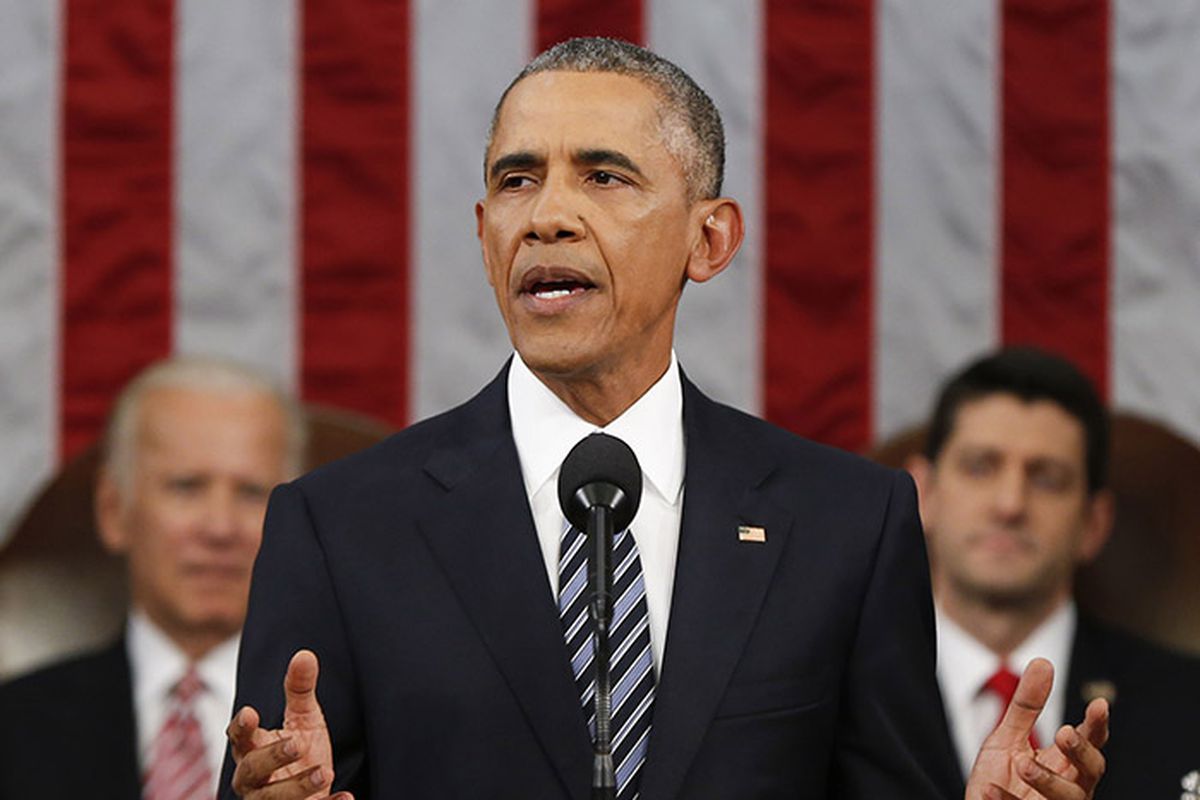Although some US states remain too close to call as of this writing, US President Barack Obama has won his re-election bid against Republican Mitt Romney. President Obama has also seen an increased majority in the Senate (which is won on a state-by-state basis, like the Presidency) and a further decreased majority in the House of Representatives (which is based more strongly on raw majorities).
President Obama will therefore be the first American President in history to receive a lower share of the electoral and popular votes at re-election than at election, and to simultaneously see his caucus in the House of Representatives decreased as well.
The effects of this on Malaysia promise to be mixed.
Firstly, although Obama’s policy approach to Asia has been mixed, as one would expect with a weak Secretary of State and a divided foreign policy bureaucracy, it is unlikely that Obama will not see any reason to change his policies in the region. After his historic losses in the 2010 midterms, in which his party was decimated in both chambers of Congress due to his policies, he merely dug in; he will now perceive that he has been given a renewed mandate, especially with gains in the Senate, and will govern accordingly.
The result of this will be that the so-called ‘pivot’ to Asia will continue, but it is important to understand what that means: conflict with China in every sphere but trade will likely continue to increase as the Obama Administration attempts to strengthen American influence in the region and China flexes its muscles. American military bases are likely to increase in the region even as they decrease in Europe. Direct diplomatic ties with Malaysia and Asean nations, pursued in earnest by President Obama, will continue.
Increased, liberalised trade with developing countries, a bipartisan project in the United States during the four prior Presidential administrations, has been shelved under Obama and will now be even more so as President Obama rewards the industrial unions whose voter mobilisation efforts apparently delivered him the Midwestern United States where Romney was expected to be strongest. Trade deals with the United States, stalled since 2009, will likely remain stalled, hampering both trade with and investment from the US.
Obama’s foreign policy in other areas, which began with so much promise, will likely remain a hash as the White House, the State Department, and the bureaucracy battle over everything from the conflict between the Israelis and the Palestinians to whether to import more oil from Canada.
Secondly, and by contrast, Obama may have lost the popular vote or only barely won it (several states will be announcing their final numbers days from now), and has seen the more popularly-representative House of Representatives become more Republican. (In the American system, the majority party in the lower house has no direct correlation with the election of the executive.) Republicans ran explicitly on opposing President Obama’s agenda, and were rewarded with an increased majority.
President Obama has shown no interest in compromise and appears unlikely to develop such an interest; Republicans have shown no interest in compromise and similarly appear disinclined to any such movement. While President Obama will undoubtedly argue that the voters have agreed to his agenda, Republicans will – with as much basis – argue that the voters have agreed to theirs.
Partisan battles over everything from the mundane to the critical will become even more the norm.
Thus, the United States will face the so-called ‘fiscal cliff’, a combination of legally-mandated spending cuts and tax increases most experts expect to pummel the American economy, which is already on shaky ground. America’s spending and borrowing issues appear no more likely to be resolved as Obama and the Republicans continue to defy each other, and a further downgrade of American credit is increasingly likely.
The effect of this is that the American economy will likely tip into another recession. With China weakening, the European Union in a recession, and a further deterioration in the American economic situation, Malaysia’s exports will be farther harmed, both directly and indirectly as the world’s economy continues to suffer.
President Obama’s re-election will likely satisfy his partisans and those abroad who cheered him on. The nature of his victory, however, may be worse for the world than his loss would have been.

